As July comes to a close, the new energy logistics vehicle industry is steadily entering its development phase for the second half of the year. Over the past month, significant favorable policies have been implemented, starting from July 1, injecting strong momentum into the industry's growth. These policies cover various aspects including purchase subsidies and industry regulations. Key policies for July in the new energy logistics vehicle sector include: 1. National Policies: 1) Implementation of 'Technical Requirements for Vehicle Selection in Urban Logistics and Distribution' (GB/T 29912-2024) and public approval of several automotive industry standards such as 'Technical Requirements and Testing Methods for Power Drive Chips for Electric Vehicles'. 2) The Ministry of Transport and three other departments have called for comprehensive occupational injury protection for drivers on local freight platforms like Huolala. 3) The Ministry of Industry and Information Technology (MIIT) announced a new batch of electric vehicle models eligible for vehicle purchase tax exemptions. 4) Three departments have proposed to enhance price monitoring for new energy vehicle products and to shorten the payment period for suppliers. 5) A joint effort among three departments to address illegal overloading in vehicle transportation has been initiated. 6) A total of 138 billion yuan has been allocated for the third and fourth batches of vehicle trade-in subsidies. 2. Local Policies: 1) Linyi City has announced subsidies for scrapping and updating old operational freight vehicles by 2025. 2) Guangzhou Development Zone and Huangpu District are providing operational subsidies for hydrogen fuel cell vehicles. 3) Tianjin has introduced policies to support the development of new energy vehicles, offering up to 2 million yuan for newly qualified models. 4) Chongqing plans to introduce special policies for smart connected new energy commercial vehicle companies, with support ranging from 3 million to 10 million yuan, and a maximum of 20 million yuan for a single company. In conclusion, with the implementation of multiple policies, the new energy logistics vehicle industry is expected to accelerate its path towards standardization, intelligence, and greening, injecting lasting momentum into the low-carbon transformation and high-quality development of the logistics sector in China.
July Policies Boost Development of New Energy Logistics Vehicles
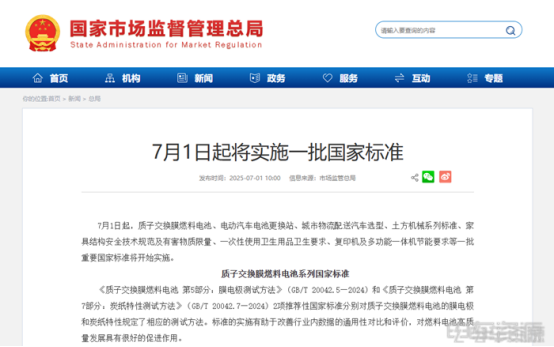
Images

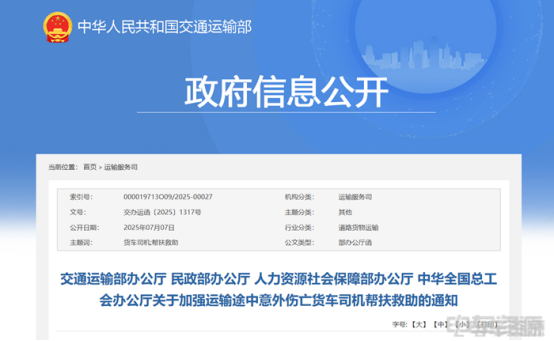
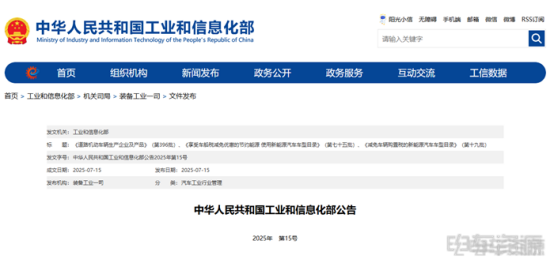
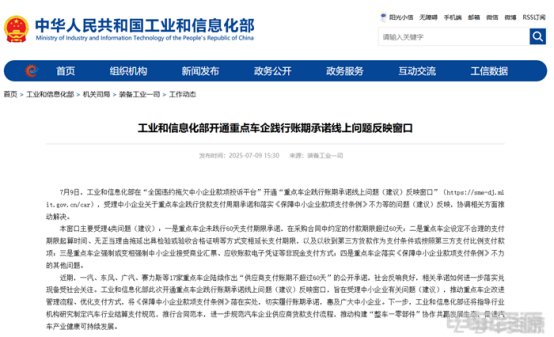
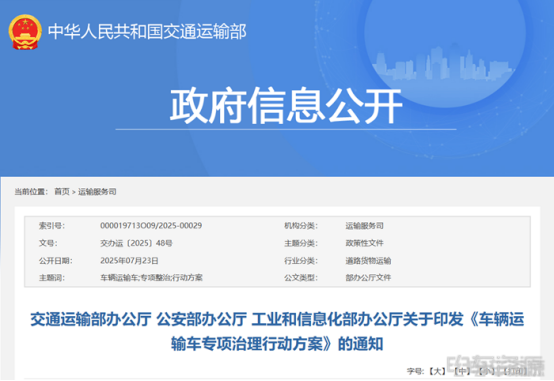
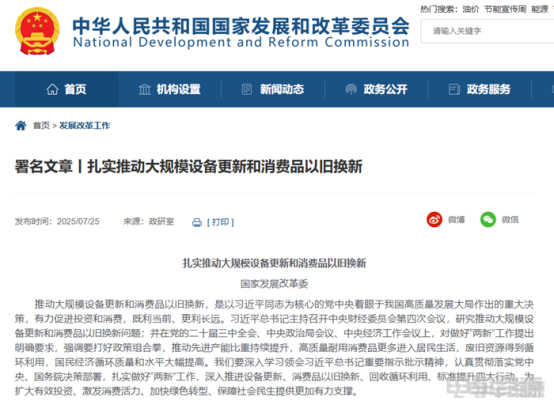
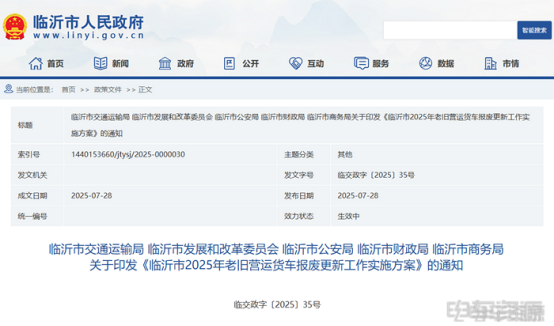
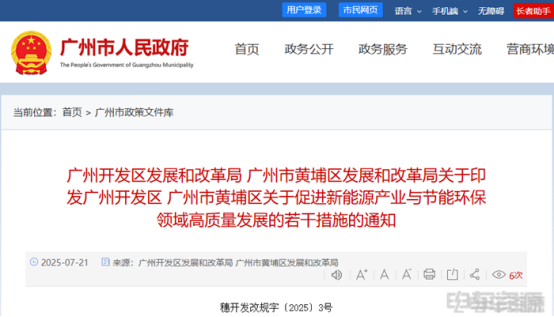
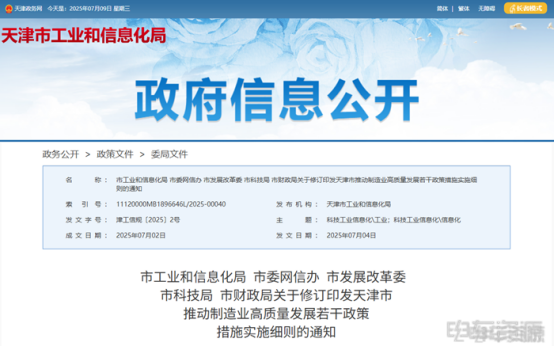
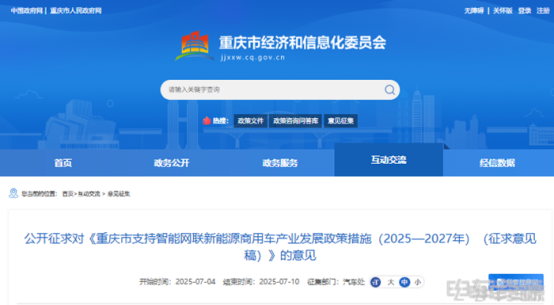
Share this post on: